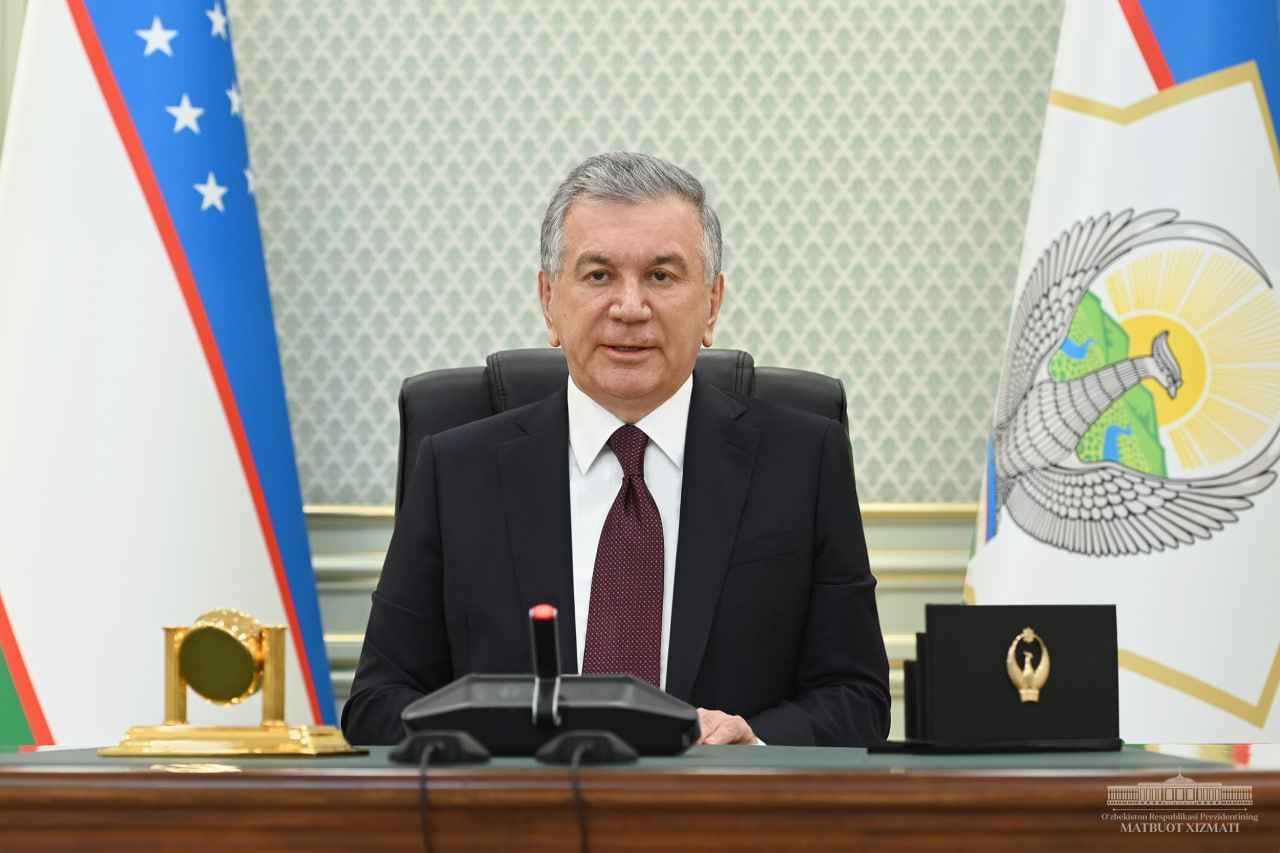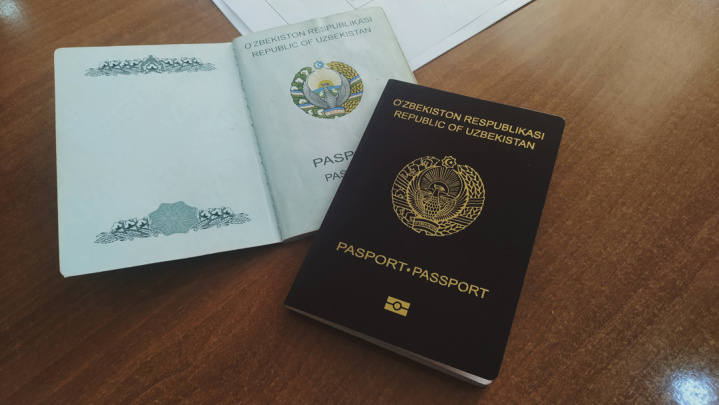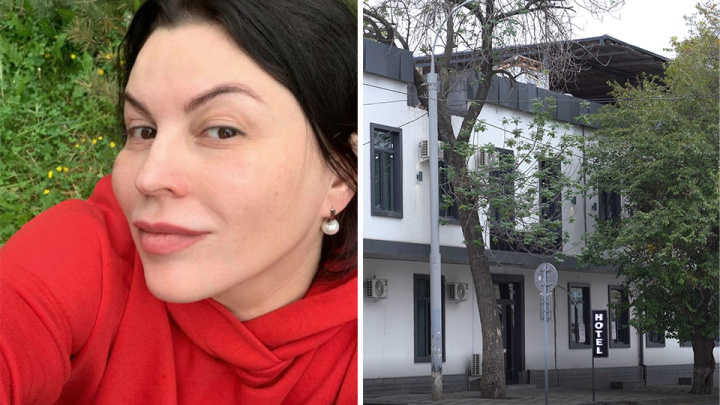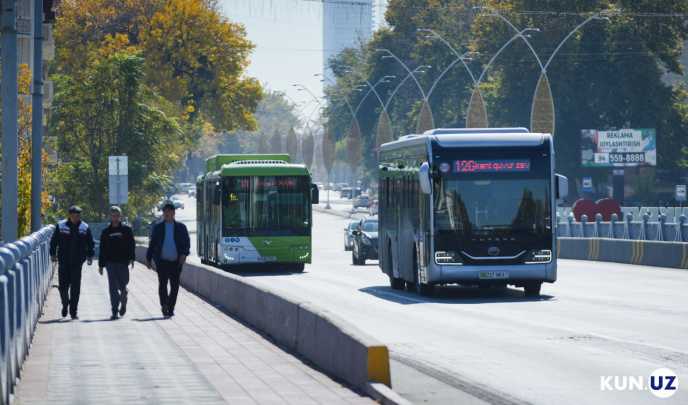As the press service of the head of state reported, in accordance with the agenda, issues of sustainable development focused on human interests were discussed, views and specific proposals were exchanged to deepen mutually beneficial cooperation in order to promote the interests and solve urgent problems of developing countries, including in the areas of economy, ecology, energy and food security, healthcare, human resource development, innovation, tourism and other areas.
Shavkat Mirziyoyev, in his speech, assessed the current trends in the development of the international situation and shared his vision of the priority tasks facing developing countries.
“Today the world community is facing the negative consequences of various contradictions and conflicts, the economic crisis. We are witnessing a reduction in open dialogue and mutual trust in international relations,” he said.
As the head of Uzbekistan emphasized, the coronavirus pandemic, the problems of food and energy security, and the environment have a negative impact on the prospects for global development. The active role and place of India in strengthening mutually beneficial and productive relations with developing countries is highlighted.
In this context, it was stated that in recent years, the relations of strategic partnership and practical cooperation between Uzbekistan and India have reached a qualitatively new level and today serve the common interests of the peoples. The President emphasized that in Uzbekistan the most important goal and task of the ongoing policy of irreversible reforms is to ensure the interests of the individual.
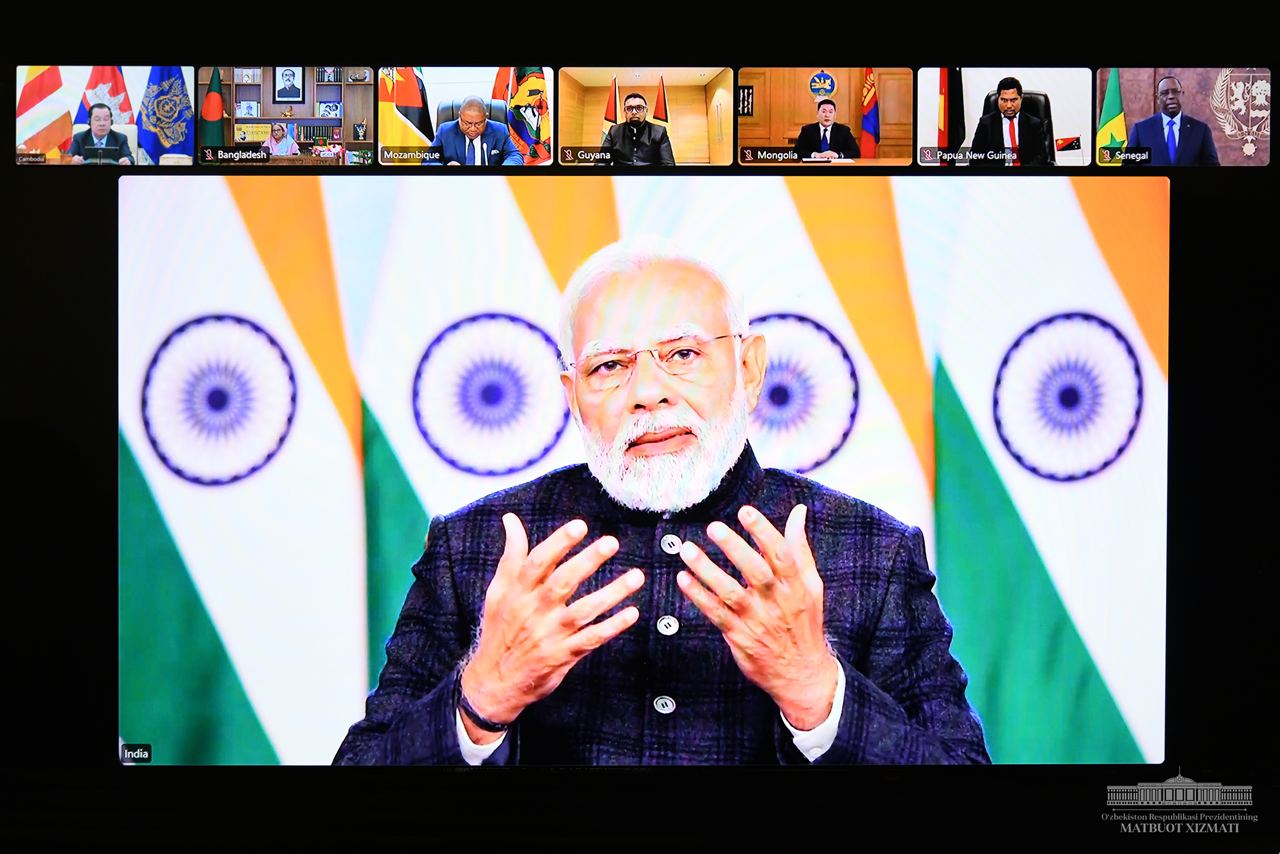
Expressing support for India’s G20 chairmanship, the President of Uzbekistan put forward a number of practical proposals on the agenda of the event. First of all, the importance of further improvement of the international trade system, which should take into account the “Voice of the Global South”, was noted.
It is necessary to create conditions for realizing the potential of developing countries, which still face various obstacles and restrictions when entering new markets.
Another strategic issue is the promotion, within the framework of the international North-South corridor, of a project to build a railway through Afghanistan with access to the Indian Ocean, aimed at strengthening the interconnectedness between Central and South Asia. The leader of Uzbekistan invited partners to take an active part in this important project.
The analysis also shows that in the context of the transition to a “green economy” between developed and developing countries, the technological gap is increasing. In this regard, it was proposed to create an information bank of green technologies and innovations for the “Global South” with the support of the leading countries of the world.
Another topical issue is the development of human capital and improving the quality of vocational education.
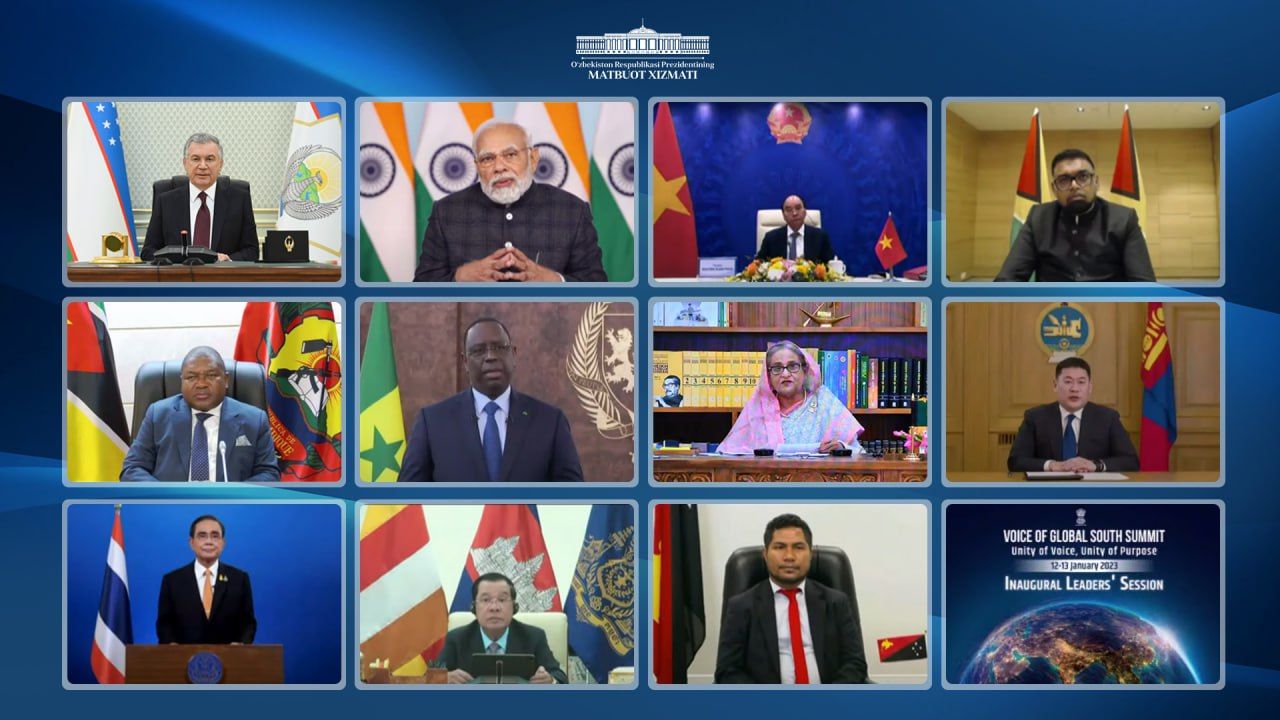
“We must widely involve our talented youth in the development of national and international programs in the field of climate change, rational use of water resources, alternative energy, digitalization and other priority areas,” the President stressed.
Based on this, an initiative was put forward to create a permanent dialogue platform “Voice of the Youth of the South”.
In order to ensure global peace and security, the head of state called for support for the proposal promoted by Uzbekistan to create an international negotiating group on the issue of Afghanistan. Confidence was expressed that the proposals and initiatives developed at the summit will serve to advance the interests of developing countries and achieve human-centered sustainable development goals.

